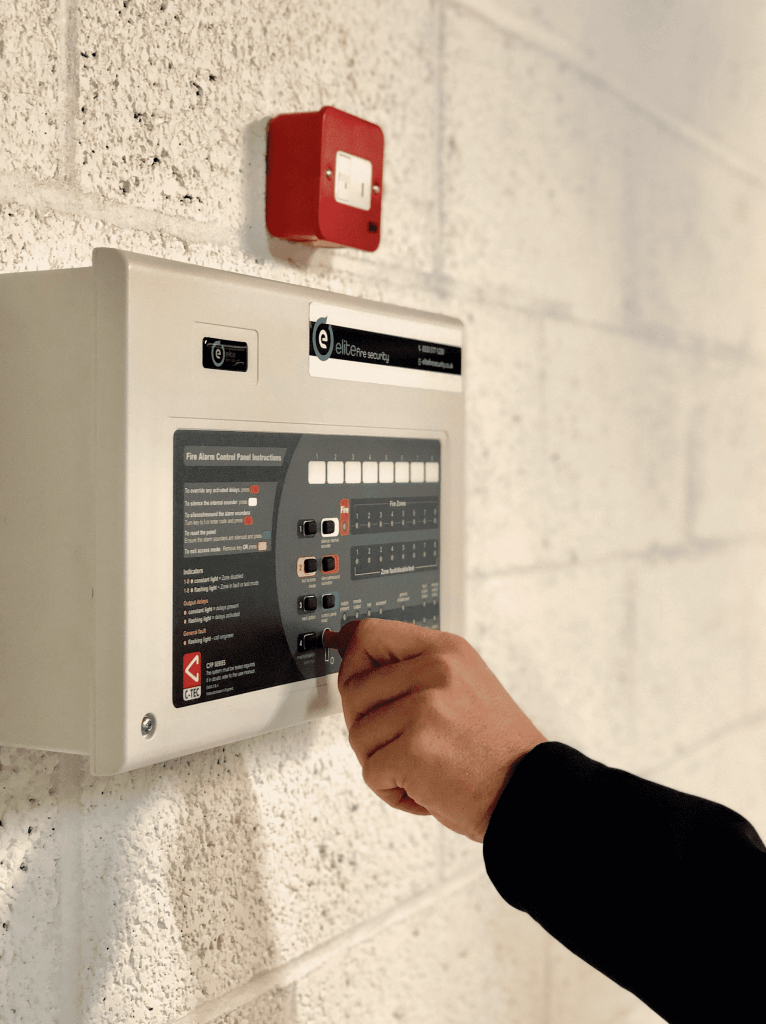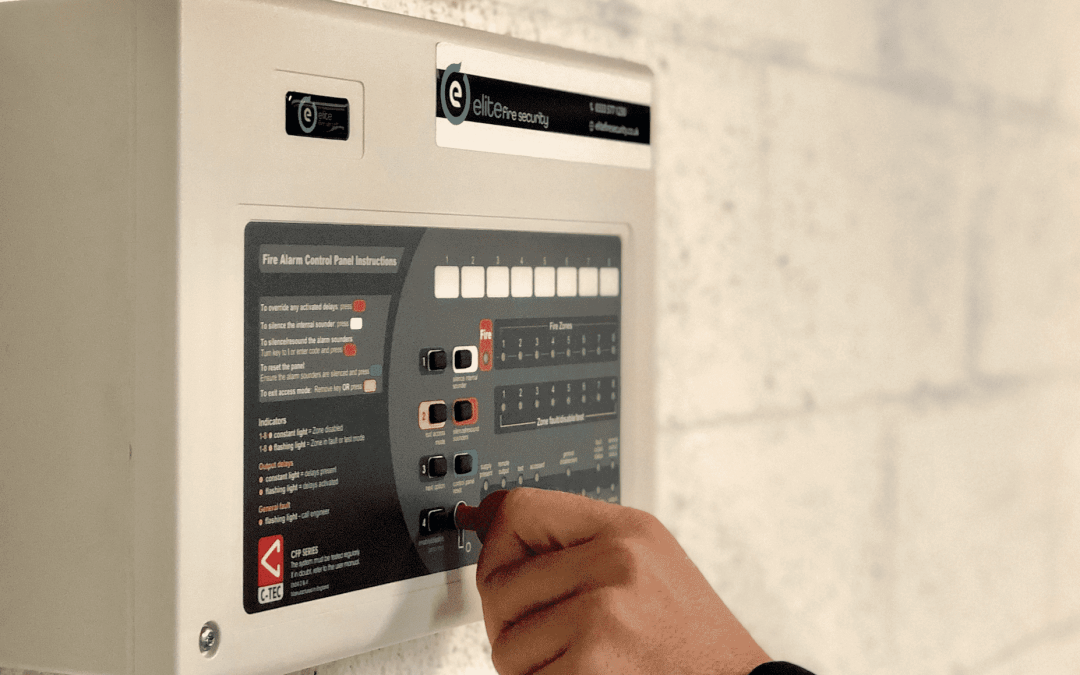Fire Alarm Regulations discussed by Elite Fire & Security
Fire Alarm Regulations can be complicated and confusing if you are a business owner or a landlord who has no one in your business who has up to date knowledge and expertise of fire safety, so we have put together an easy and understandable summary for you.
A fire breaking out in a business or commercial premises can be devastating for you, your team, your customers and the operational running and cost implications to your business, as well as being a threat to lives and serious physical and mental injury.
Fire Alarm Regulations form part of the overall Regulatory Reform (Fire Safety) Order 2005, which is also known as the ‘RRO’. This details everything you need to know as a business in regards to fire safety but is a lengthy and complicated document. A good and reputable Fire Safety Business will be able to simplify it for you, summarise and explain the obligations you have as a business or commercial property owner.
All businesses must carry out a fire risk assessment and take necessary actions to ensure that any issues raised have been addressed, and policies and procedures have been put in place to eliminate any potential fire risks.
What is the aim of a Fire Risk Assessment?
A fire risk assessment is an in-depth review of a workplace and will identify those things, situations and processes that may cause harm, particularly to people. After the risk assessment is complete the findings should be analysed and evaluated; how likely and severe any risks are and what systems and processes should be put in place to minimise them.
What are the 5 Steps of a Fire Risk Assessment?
- Identify hazards; anything that may cause a fire to start and result in harm or injury (employers in the UK have a duty to assess the health and safety risks faced by their employees and take any necessary action)
- Assess who may be at risk, and how
- Assess any risks, including fire detection, warnings and escape routes, taking necessary action
- Make a record of the findings and actions taken
- Regularly review the risk assessment
What outcomes should there be from a Fire Risk Assessment?
- Measures to be taken to reduce any risks of a fire breaking out, or spreading on the premises versus risks that have been highlighted
- Fire escape plans for all occupants on the premises
- Safe and effective fire escape plans for anyone who is vulnerable or disabled
- Training for all employees to ensure they are fully aware and understand their fire escape plans
- Weekly fire alarm testing where all occupants need to follow their fire escape plan in an effective and calm manner
- Measures to show the escape plan is safe and can be used at all times
- Effective means of quick-fire detection and warnings for occupants
- Means of fighting fires on the premises
- Measures to minimise any fires that break out
There are no specific time periods stated on how often fire risk assessments should be carried out or reviewed, however, it does state; the person responsible for the fire assessment in your building must review it ‘regularly’ to make sure it’s up to date.
Who can complete a Fire Risk Assessment?
The person carrying out a Fire Risk Assessment must be competent enough to complete a ‘suitable and sufficient’ assessment of a specific building or workplace. For employers who have a large number of employees, or for complex buildings and premises, it is advised they use a professional fire risk assessor or business to carry out the assessment for you.
A Fire Risk Assessment will also determine if a fire detection and fire alarm system are required and the type of system that should be installed.
Does your workplace or business need a fire alarm?
The UK Fire Alarm Regulations state that all UK business premises must have ‘an appropriate’ fire detection system in place to ensure that; if a fire breaks out it is easily detected and that all occupants are alerted and able to evacuate quickly and safely.

The UK Fire Alarm Regulations recommends that all fire alarm systems should be installed and maintained in line with the BS 5839 (British Standards). The code of practice in the BS 5839 has been developed in line with current UK building regulations for both new-build and existing non-domestic premises.
All UK businesses must have a designated ‘Responsible Person’ who is responsible for ensuring a fire risk assessment is carried out and all necessary action has been taken to prevent a fire, injury or death if a fire breaks out.
By law, not all businesses have to have a full fire alarm system in place and if this is the case then domestic fire and carbon monoxide alarms should be fitted on every floor of your business and if there are sleeping areas they must be fitted directly outside of these.
How do I know if I do not need a full fire alarm system in my business?
- If your property is single storey and small
- If your property is small, open plan and that smoke, heat and fire are easily detectable for all occupants within
- If a fire warning is shouted that it can be heard by all occupants in the building from any location within the building
- If there are never any vulnerable people within your business including; children under the age of 18, the elderly or disabled
- If you never have undertaken high-risk fire activities within your business, this includes cooking
- If you don’t store any high-risk chemicals or substances that are prone to catching fire
The above points should not be taken that you do not need a fire alarm system fitted within your business or premises, they are for guidance only. You should always contact a reputable fire safety expert who will assess your business and property and advise you of the actions you need to take to ensure you are meeting the legal requirements of Fire Safety Regulations.
How often should fire alarms and systems be serviced?
The UK Fire Alarm Regulations state that any fire alarm system should be adequately maintained. The British Standard 5839 recommends that a fire alarm system should be serviced and tested by a competent fire system specialist a minimum of every 6 months.
If you have a complex system, and, or a large property then your fire alarm system specialist will advise you that it should be serviced and tested by them every 3 months, as there are many components that integrate together which could not work as they should do.
Do I need to carry out a weekly fire alarm test?
A fully operational and working fire alarm system is a regulatory requirement, therefore weekly testing is advised to ensure it works when you need it to and any issues identified. British standards advise that your fire alarm system is checked every week, it is documented in your fire alarm log book and any maintenance or repairs required are carried out and documented.
A different fire alarm within your property should be tested every week to check that the alarm sounds and the system panel receive the signal.
Fire Alarm Regulation Summary
It is a legal requirement and your responsibility as the owner of a business or commercial property to ensure you have the correct fire safety measures and procedures in place after an in-depth fire risk assessment has been completed. If safety measures, procedures and the correct fire detection/alarm systems are not in place and a fire breaks out your insurance can be invalidated and you will be liable for injuries, fatalities and the cost of property damage which can amount to millions.
Fire detection and alarm systems give an early warning of fire and, or smoke and enable a safe and speedy evacuation of premises for all occupants.
Why should you consider a Fire Alarm Specialist for your business or commercial premises?
A Fire Alarm Specialist like Elite Fire & Security will have a comprehensive understanding of the Regulatory Fire Reform (Fire Safety) Order 2005 and will be able to establish if a business and or premises meets the UK’s legal requirements by completing a full and in-depth fire risk assessment and review. They will be able to advise you of any action that needs to be taken, if you need a fire detection and, or alarm system and recommend which system will meet your legal requirements. They will be able to conduct a full fire risk assessment, design and install a new system, or, make amendments to an existing system to ensure it is fully functional, safe and meets your legal requirements as set out in the Regulatory fire Reform Order 2005.
Elite Fire & Security
Elite Fire & Security are one of the South and South West’s leading fire safety specialists. Our experienced team of fire industry experts will evaluate the fire protection requirements of your business or premises, providing you with the appropriate recommendations to ensure you meet your legal requirements as set out in the Regulatory fire Reform Order 2005.
We assess, design, install, repair and maintain fire systems, providing you, your employees and customers the best and most efficient fire detection, warning and protection.
Contact us today on 0333 577 1230 for any advice on Fire Alarm Regulations and to book your free and no-obligation fire assessment.



